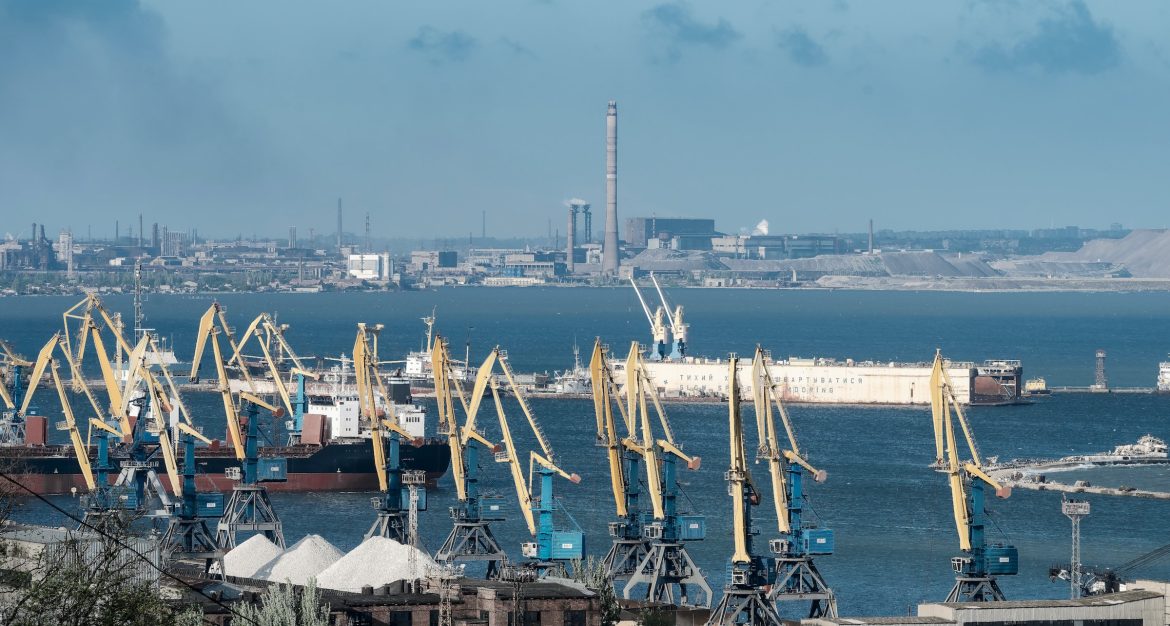Two years into the enactment of Nigeria’s Petroleum Industry Act (PIA), the anticipated benefits for the oil and gas sector and the broader economy remain unrealized. Political interference and selective adherence to the law continue to plague the industry, reminiscent of the pre-PIA era’s lack of transparency, corruption, and inefficiency.
Drafting the PIA took nearly twenty years due to the sector’s complexities and the Nigerian political landscape’s tendency to politicize even the most noble initiatives. Regrettably, the law’s passage and comprehensive implementation suffer as leaders exploit loopholes for political gain, ignoring sound corporate governance principles. This selective application undermines the law’s intent and hinders the potential unlocking of over $50 billion in oil and gas investments. Now, the government is borrowing funds and seeking investors for a dwindling resource amidst a global shift to renewable energy.
The PIA established two regulatory bodies: the Nigerian Upstream Petroleum Regulatory Commission (NUPRC) and the Nigerian Midstream and Downstream Petroleum Regulatory Authority (NMDPRA). These agencies aim to manage the technical and commercial aspects of the petroleum industry seamlessly. However, synergy is lacking due to jurisdictional overlaps and rivalries, slowing the decision-making process and discouraging investor engagement.
According to a report by The Guardian, under the PIA, the former Nigerian National Petroleum Corporation (NNPC) has commercialized into NNPC Limited, poised for a stock market debut. Yet, government overreach stifles its operations, impeding the autonomy needed for commercial success. The law also mandates that 30 percent of NNPC Limited’s profits support the Frontier Exploration Fund, but details on the fund’s management and exploration timelines remain undisclosed.
Environmental damage from oil production and the demands of oil-producing communities for fair compensation and jobs have long challenged the sector. The PIA’s Host Community Development Trust Fund (HCDTF) seeks to address this by allocating three percent of oil companies’ operating costs to community projects, incentivizing asset protection. However, action on this front has been insufficient since the law’s signing, with only one International Oil Company establishing a trust board, contrary to the PIA’s intentions.
Despite the PIA’s promises, the oil industry continues as usual. Oil production has not seen the expected surge due to theft and investor hesitancy, rooted in persistent opacity and a lack of accountability. The government’s reluctance to relinquish control over NNPC Limited contradicts the PIA’s directives, maintaining an environment ripe for corruption and inefficiency.
Consequently, Nigeria struggles to meet its OPEC quota of 1.742 million barrels per day, often falling below one million bpd, significantly impacting revenue. Additionally, the nation’s reliance on imported petroleum products strains foreign exchange reserves and weakens the naira.
The government’s hesitance to embrace PIA’s free market conditions for petroleum products, opting instead to regulate prices, exacerbates the issue. For the industry to thrive, the government must decisively implement the PIA and foster an era of growth and transparency.



